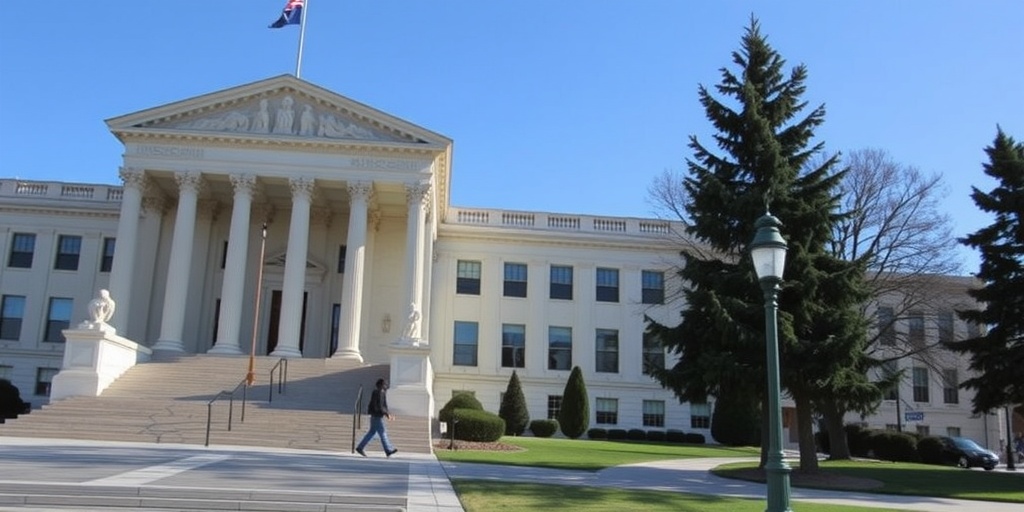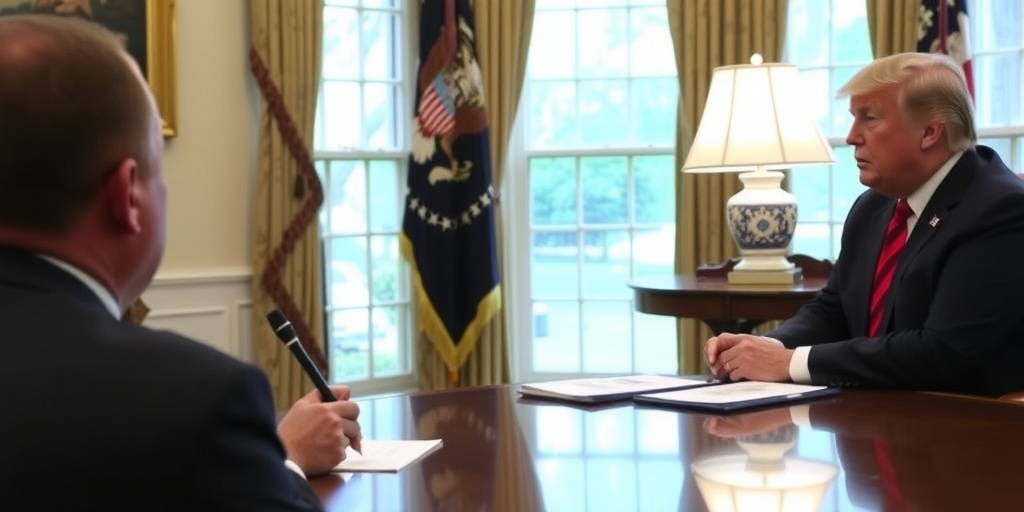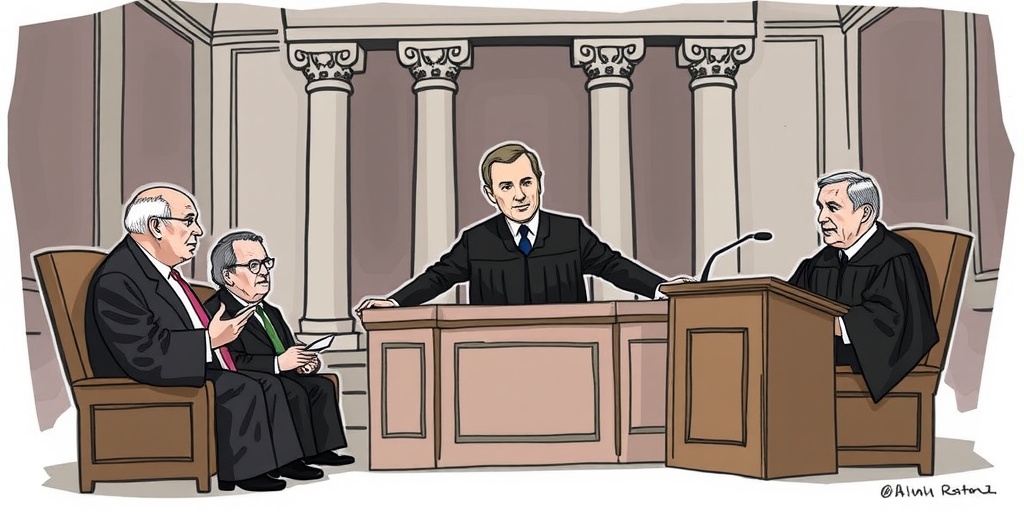Now Reading: Justice Dept. to Conclude Challenge Against Idaho Abortion Ban
-
01
Justice Dept. to Conclude Challenge Against Idaho Abortion Ban
Justice Dept. to Conclude Challenge Against Idaho Abortion Ban

Justice Department Moves to Dismiss Challenge Against Idaho’s Abortion Law
In a major development regarding abortion rights in the United States, the Justice Department has announced plans to withdraw its legal challenge against Idaho’s stringent law prohibiting abortions in almost all circumstances. This decision, revealed through a court filing on Tuesday, marks a significant shift in federal policy and raises concerns about the potential impact on women’s health and reproductive rights in the state.
The decision to dismiss the challenge, initiated during the Biden administration, signals a move away from previous efforts aimed at countering the repercussions of the Supreme Court’s 2022 verdict that overturned Roe v. Wade. This landmark ruling has had profound implications for abortion access across the country, and the Justice Department’s latest action reflects one of the early moves under the Trump administration, indicating a strong alignment with conservative reproductive policies.
According to reports, an attorney from the Justice Department’s civil division communicated via email to lawyers representing Idaho’s largest hospital system that the department plans to "dismiss its claims in the above case, without prejudice." This dismissal could occur as soon as Wednesday, effectively nullifying a federal appellate court’s hold on various aspects of the near-total abortion ban implemented by Idaho’s Republican-led legislature in 2020.
Idaho’s law, widely referred to as the Defense of Life Act, allows for abortions only in situations where a woman’s life is at risk, or in particular cases involving rape or incest. As a result of this ruling, access to abortions will become increasingly limited for Idahoans, especially in situations where pregnancy complications pose severe health risks to the mother.
Excerpts from the government’s email included in a recent request in Federal District Court by St. Luke’s Health System based in Boise highlight the urgent need for a temporary delay in the enforcement of the law. The submission emphasizes that hospitals in Idaho require additional time to train staff regarding the new legal obligations and to make logistical arrangements for transporting patients out of state for necessary medical procedures that will soon be illegal in Idaho. Wendy J. Olson, the attorney representing the health system, noted that this transitional period is critical for ensuring patient safety and compliance with the new law.
Under the Defense of Life Act, anyone who performs an abortion outside the limited exceptions can face up to five years in prison. Furthermore, health providers found in violation of the law risk losing their professional licenses in Idaho, which creates a chilling effect not only on abortion services but on broader reproductive health care options available in the state.
The Biden administration’s initial legal stance against Idaho’s law was based on a 1986 federal statute requiring hospitals to provide stabilizing medical care in emergency situations, a mandate that historically included the provision of abortions in cases of serious medical emergencies. However, following the Supreme Court’s June 2022 ruling, which directed the case back to a federal appeals court, the hold on Idaho’s abortion ban remained in effect pending the lower court’s deliberation.
The anticipated withdrawal of the lawsuit has drawn sharp criticism from reproductive rights advocates. Deirdre Schifeling from the American Civil Liberties Union condemned the action, claiming that "President Trump has sided with a radical fringe position that would put doctors who act to save the lives of their patients in jail." She further asserted that the ramifications of this decision could lead to dire consequences for women’s health in Idaho, suggesting that lives may be jeopardized as a result of the law and the administration’s stance.
President Trump, who has a complex history with abortion rights, previously described himself as "very pro-choice" in 1999. However, his political trajectory shifted significantly as he aligned himself with anti-abortion activists during his presidential campaign and his subsequent time in office. Although he has expressed various opinions on abortion in the lead-up to the 2024 election cycle, he has suggested support for a nationwide ban on abortions after 15 weeks of gestation while occasionally indicating a preference to leave such decisions to individual states.
As the situation continues to evolve, Idaho stands at a critical juncture. The implications of the Justice Department’s impending withdrawal of its challenge may further entrench barriers to healthcare access for women within the state, raising serious questions about the future of reproductive rights in a post-Roe landscape. The ramifications for health care providers and women seeking care are profound and will likely reverberate beyond Idaho’s borders.
Stay Informed With the Latest & Most Important News
Previous Post
Next Post
-
 01New technology breakthrough has everyone talking right now
01New technology breakthrough has everyone talking right now -
 02Unbelievable life hack everyone needs to try today
02Unbelievable life hack everyone needs to try today -
 03Fascinating discovery found buried deep beneath the ocean
03Fascinating discovery found buried deep beneath the ocean -
 04Man invents genius device that solves everyday problems
04Man invents genius device that solves everyday problems -
 05Shocking discovery that changes what we know forever
05Shocking discovery that changes what we know forever -
 06Internet goes wild over celebrity’s unexpected fashion choice
06Internet goes wild over celebrity’s unexpected fashion choice -
 07Rare animal sighting stuns scientists and wildlife lovers
07Rare animal sighting stuns scientists and wildlife lovers





















